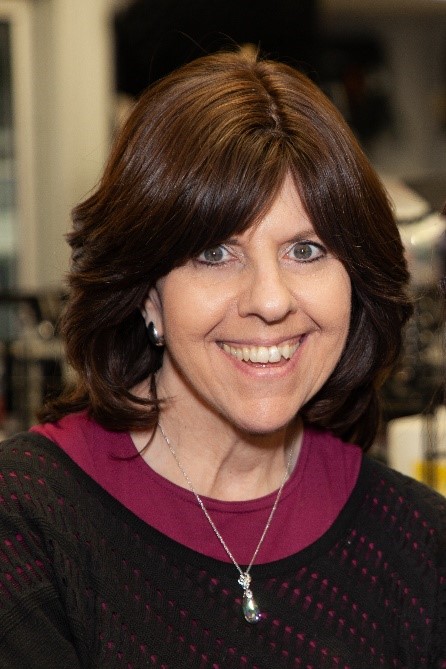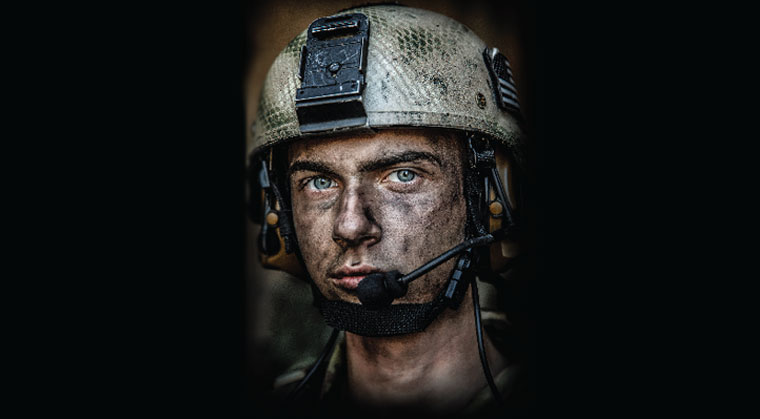The Few, The Proud, The Frum


Chaim Shmuel Stitzer: “The key is to know halachah well enough to know what’s assur… halachah can’t be put aside” (Photos: Personal archives)
U S Air Force Captain Chaim Shmuel Stitzer 28 is stationed at Buckley Air Force Base (AFB) in Colorado. He grew up in Atlanta Georgia and Monsey New York and attended Yeshiva Shaarei Torah (Monsey) Ner Israel (Baltimore) Sh’or Yoshuv (Lawrence New York) and Yeshivas Ohr Reuven (Monsey).
He received his degree in cybersecurity and military studies through the City University of New York while completing Air Force Training through the Reserve Officer Training Corps in Manhattan College. Since being commissioned as a cyberspace operations officer in the Air Force Captain Stitzer has been stationed at Keesler AFB in Mississippi Barksdale AFB in Louisiana and Buckley AFB. He and his wife have three children and today they live in Denver.
I joined the military because
I have hakaras hatov for all the freedoms the US gives us and I wanted to give back and help protect those freedoms. I knew I wanted to work in computers and the Air Force was just starting their dedicated cyberspace command so I went in that direction. I knew I’d travel a lot giving me the opportunity to make a kiddush Hashem around people who haven’t seen many Jews and I could also get involved in kiruv — some of these bases are very far from any Jewish community so I can provide events learning and support to troops who want to connect. I really felt that when I was stationed in Louisiana — we were a few hours from the nearest shul and Chabad listed us as an area contact. We made Shabbos meals for a woman visiting someone in the local hospital and when two students had projects in our area we hosted both of them for Shabbos for a month.
I feel barriers between me and my fellow airmen
With a name like Chaim at first meeting there’s a barrier! Also I don’t engage in nivul peh or gossip I don’t know what’s going on with the latest TV shows and I don’t follow sports. That being said I’ve never had problems maintaining professional relationships with my coworkers and finding other things to talk about and those barriers don’t create an uncomfortable work environment.
The biggest misunderstanding I’ve encountered about Jews and Judaism
My commander let me off for Yom Tov but didn’t understand why I had to travel to the nearest frum community — Dallas a three-hour drive away — to observe it.

US Marines Lieutenant Colonel David Rosner: “Whenever Jews Judaism or Israel came up I was poised in a confrontational ‘wait-for-it’ mode but to my surprise any barriers I experienced were anticipatory and self-imposed. In fact as I gradually showed more Jewish observance the respect from other service members likewise increased”
We’ve had to spend several Yamim Tovim on base without a shul including Rosh Hashanah Shemini Atzeres and Simchas Torah and Tishah B’Av.
One resource Jews in the military are lacking
Funding for Yom Tov events. Organizations like KosherTroops do an amazing job sending food for Yom Tov but they don’t have the resources for more than that. I’m not a chaplain so I don’t have a formal funding source within the military. When I made a Shabbos Project event and two Rosh Hashanah meals for 20 people I needed money for produce meat and other items. When we made Pesach on base the Air Force paid for only shemurah matzah and wine.
I always dreamed of eating
Although we were able to stock up on chicken and cheese every couple of months when we went off base for Shabbos we really missed being able to go out to a restaurant for a birthday or anniversary or just to pick up a pizza.
I experienced a conflict between religious and professional standards
Working every day can cause scheduling conflicts. However halachah is what halachah is. The key is to know halachah well enough to know what’s assur and what’s a minhag; minhagim can be put aside temporarily because of a military mission but halachah can’t unless it’s sakanas nefashos. When I was at Field Training cadets had to carry two pens at all times. During the combat part of training we also had to carry our training weapon — a paintball gun — with us. Pens and paintball guns are muktzeh but they’re both keilim shemilachtam l’issur and therefore certain leniencies apply. (Excerpted from Mishpacha Issue 690)
Oops! We could not locate your form.







